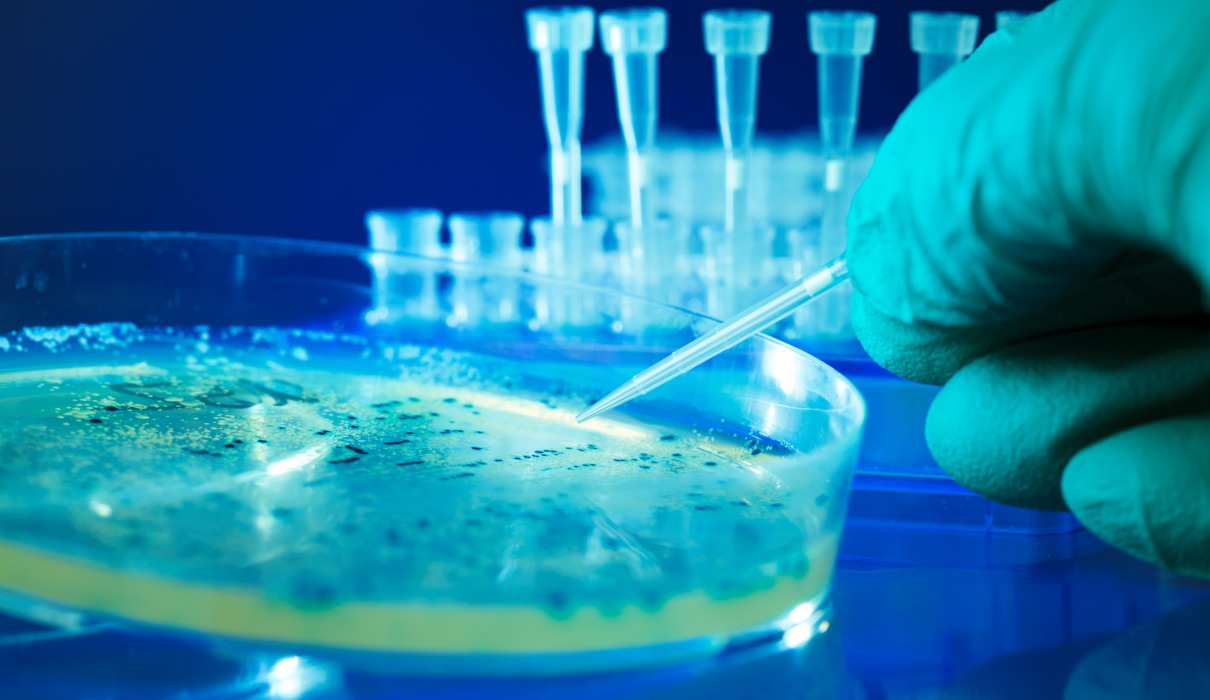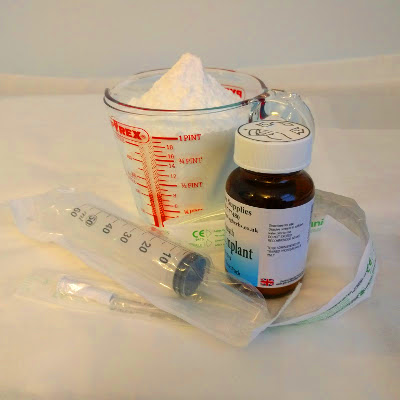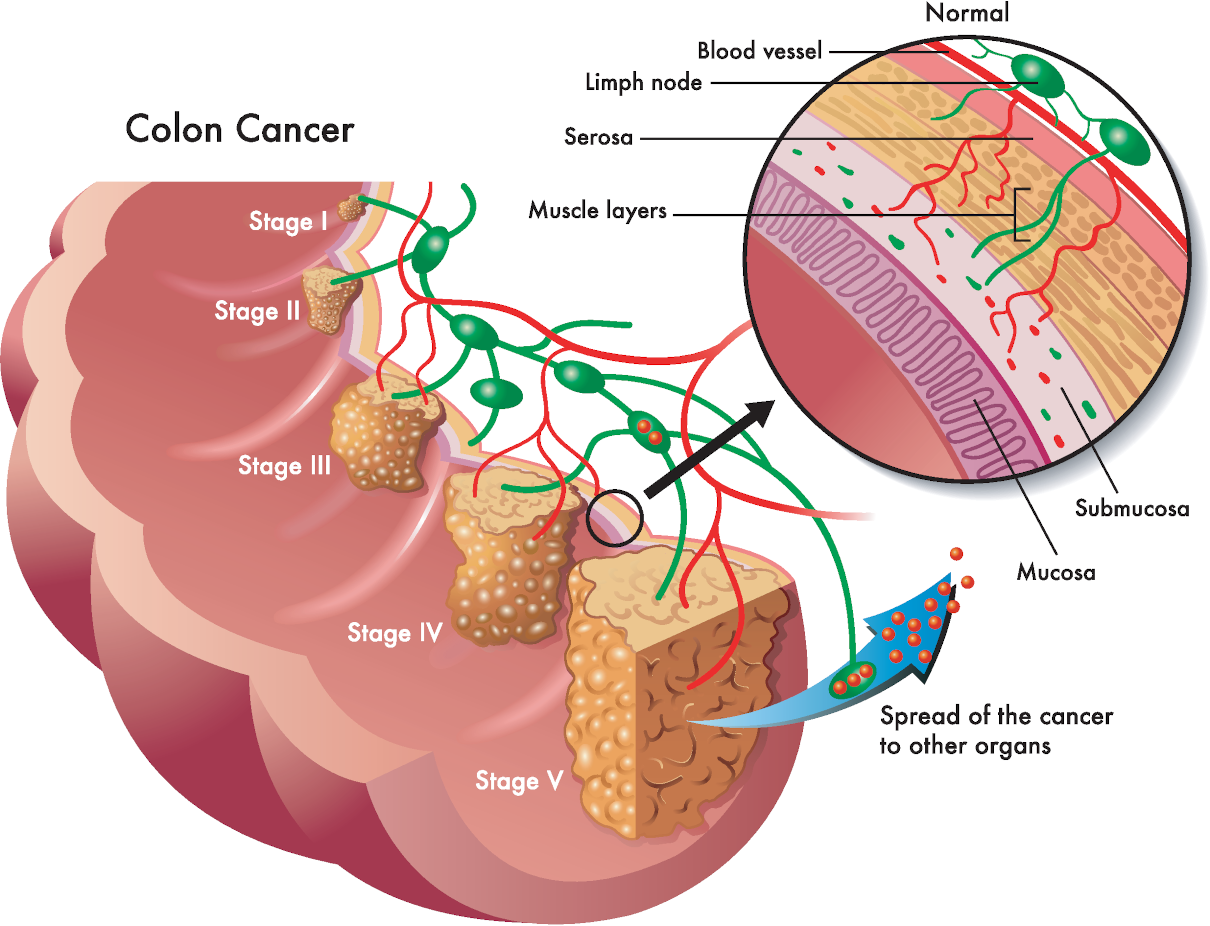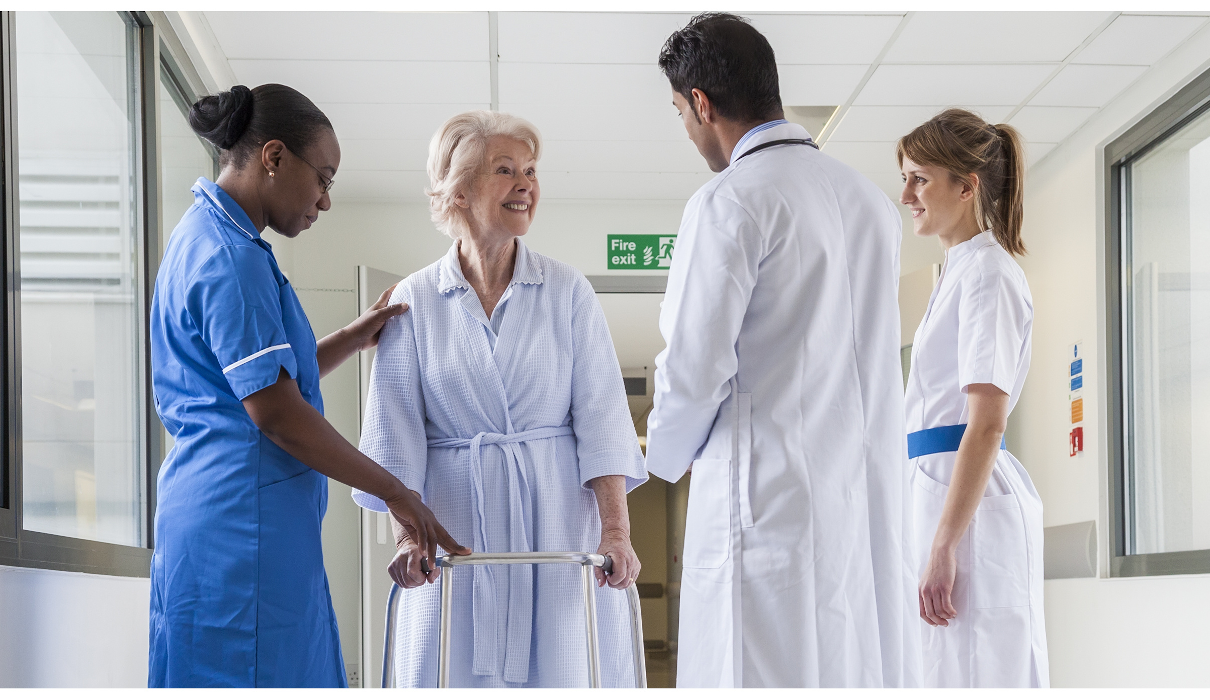
We consider bacterial infections among the most dangerous. Humanity has been struggling with pathogenic microorganisms for more than one century. However, not all bacteria are harmful and definite enemies to the gastrointestinal tract of the human body, and there are beneficial bacteria. Many of their species are vital, as they provide proper digestion and help the immune system defend against other microorganisms.
Harmful and beneficial bacteria
We believe harmful and beneficial bacteria appeared on Earth more than 3.5 billion years ago. They became active participants in creating suitable conditions for life on the planet, and throughout their existence, they took an active part in essential processes. For example, it is thanks to bacteria that the organic remains of animals and plants disintegrate. They also created fertile soil on the Earth.
The human body is no exception because bacteria live everywhere. Many microorganisms interact with humans in different ways. They live on the skin, mucous membranes, gastrointestinal tract, nasopharynx and urogenital tract.

Probiotic implant and alkalising colonic with bicarbonate of soda
Alkalising colonic irrigation with bicarbonate of soda and high strength probiotic implants and comprehensive consultation is available at Parkland Natural Health Clinic.
Beneficial bacteria in the human body
The placenta protects the fetus in the womb from the penetration of bacteria, and the colonisation of the infant’s body occurs in the first days of life:
- The baby receives the first bacteria passing through the mother’s birth canal.
- Microorganisms enter the gastrointestinal tract when feeding a baby with breast milk. Lacto-and bifidobacteria prevail here, among more than 700 species.
- Staphylococci, streptococci, and other microbes also colonise the baby’s mouth during meals and when in contact with objects.
- Bacteria predominate around the child and form the microflora on the skin.
The role of bacteria in man is invaluable. If the microflora is not formed effectively in the first months, the child will lag behind and often get sick.
Dysbacteriosis
After all, the body can not function without symbiosis with bacteria.
As we know, dysbiosis is a condition in which the natural microflora in the human body is out of balance. Dysbacteriosis is a severe factor in reducing the immune defence, developing various inflammations, gastrointestinal tract disorders and other things. The absence of beneficial bacteria contributes to pathogenic organisms’ reproduction, and fungal infections often develop due to dysbiosis.
At the same time, many pathogenic microbes in the environment can cause serious illnesses. The most dangerous are the types of bacteria capable of producing toxins (exotoxins) during their vital activity. These substances are considered today one of the most potent poisons. Beneficial bacteria, on the contrary, support the health of the body. Colonic irrigation will help cope with violations of the microflora of the body.

Probiotic implant and colonic irrigation
Colon hydrotherapy with high-strength probiotic implant and comprehensive consultation is available at Parkland Natural Health Clinic.










